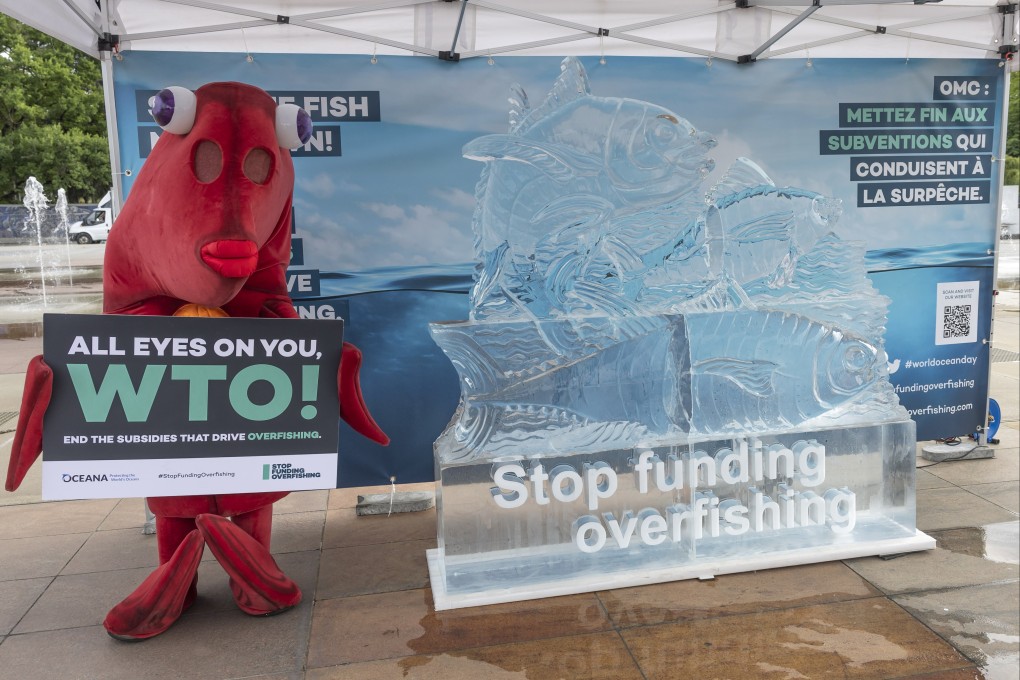Advertisement
Explainer | What is on the agenda at the WTO’s 12th Ministerial Conference in Geneva?
- The World Trade Organization’s (WTO) four-day 12th Ministerial Conference (MC12) starts on Sunday in Geneva
- Trade ministers will gather for the first time in four years after the conference was postponed twice due to the coronavirus
Reading Time:5 minutes
Why you can trust SCMP

The future of the World Trade Organization (WTO) will face a test of credibility during the four-day 12th Ministerial Conference (MC12), which starts on Sunday in Geneva.
It takes place against the backdrop of the global coronavirus pandemic, rising food and energy prices, the protracted war in Ukraine, geopolitical tensions and the ongoing threat of climate change.
Trade ministers from member countries are set to gather for the first time in four years, after the conference – originally scheduled for June 2020 in Nur-Sultan, Kazakhstan- was postponed twice due to the coronavirus.
Advertisement
Any results from the conference will be seen as a vital answer to whether the multilateral institution can still be capable of agreeing on anything and whether consensus can be attained to reform its outdated laws and keep pace with global developments.
Why does MC12 matter?
The Ministerial Conference is the top decision-making body of the WTO, and has generally met every two years since 1996.
Advertisement
MC12 marks the first ministerial conference since the latest gathering four years ago in Buenos Aires, Argentina.
Advertisement
Select Voice
Choose your listening speed
Get through articles 2x faster
1.25x
250 WPM
Slow
Average
Fast
1.25x